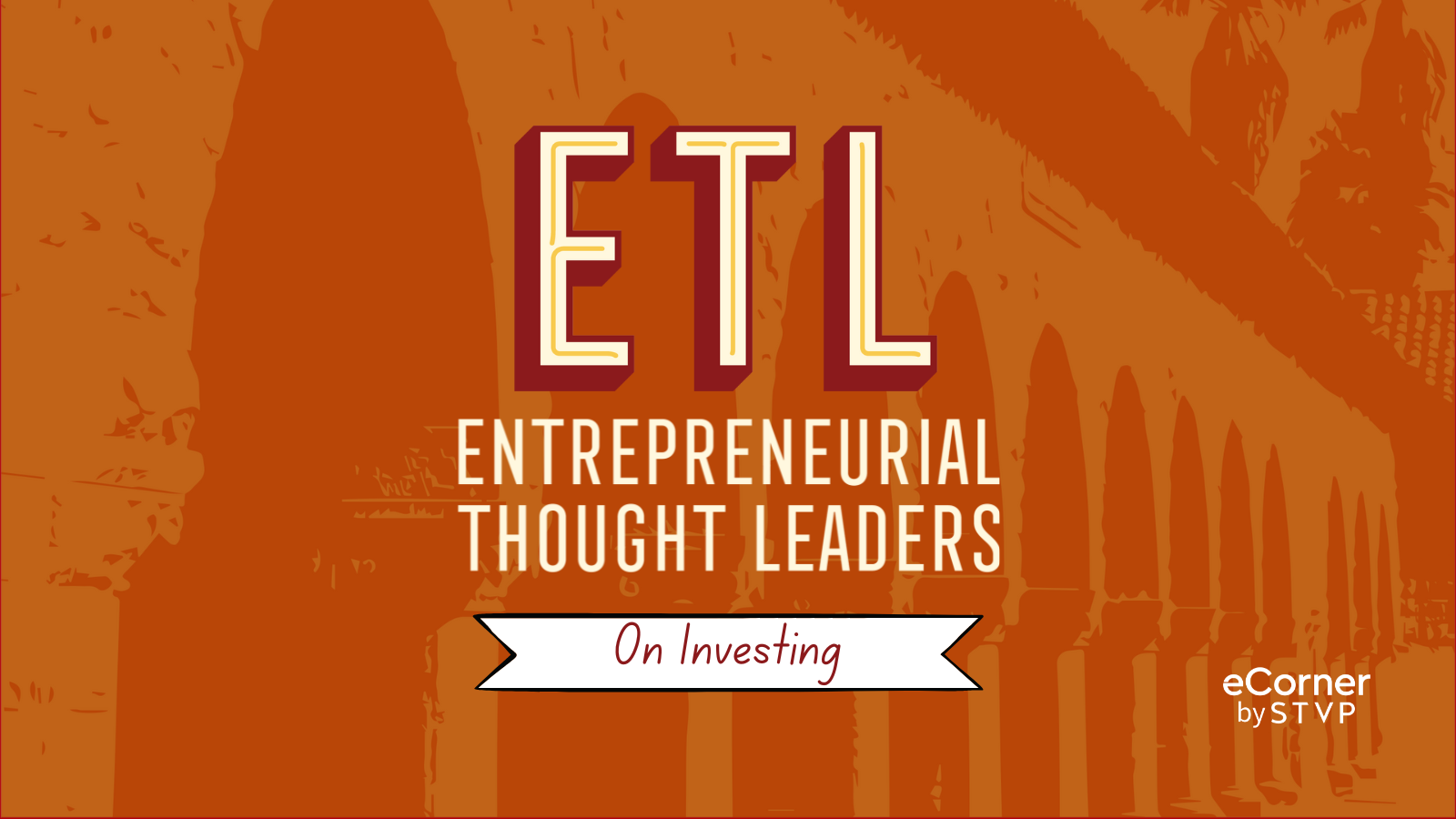It’s Everybody’s Business Now

In the startup world, there may be no such thing as becoming too successful. But for those few ventures that end up growing into a consumer business that reaches massive scale, well, it can get complicated.
In the early days of Airbnb, when its founders were happy to just get out-of-towners into their San Francisco loft in order to make rent, they probably didn’t think they would need to worry about how the entire city felt about their business.
But because of how wildly successful Airbnb is today, they do now. The company raised over $8 million to defeat a measure on last November’s ballot that would have imposed tighter restrictions on short-term rentals in San Francisco. The debate over the measure reached from city hall to the radio airwaves and overshadowed even the mayor’s race.
Opponents included Airbnb and the many hosts who list their properties on the site, while those for the measure were San Francisco residents claiming that the constant stream of Airbnb guests was eroding a sense of community. And that sums up the disruptor’s long-term dilemma: When a startup grows to a point where it is in the public eye, the number of people who feel they have a stake in the venture grows.
In short, it becomes their business, too.
Chuck Eesley, an assistant professor of management science and engineering at Stanford, has studied how different stakeholders protest corporate behavior — from religious groups that file civil lawsuits, to environmental activists who hold rowdy public protests to attract news vans and bad press for the business.
“Innovators and entrepreneurs need to recognize that along with technological disruption, often comes social disruption,” said Eesley, who researches entrepreneurship at the Stanford Technology Ventures Program. “These companies need to be aware of what kinds of regulatory battles might be in their future as a result of their innovation.”
“These companies need to be aware of what kinds of regulatory battles might be in their future as a result of their innovation.”
Eesley’s study, published online in the Strategic Management Journal, looked at more than 1,300 actions brought against firms by social activists over the span of 30 years to pressure more environmentally responsible corporate behavior. The journal article, “Through the Mud or in the Boardroom: Examining Activist Types and their Strategies in Targeting Firms for Social Change,” was co-authored by Katy DeCelles, an associate professor at the University of Toronto’s Rotman School of Management, and Michael Lenox, a business professor at the University of Virginia and academic director of the Batten Institute for Entrepreneurship and Innovation.
Unrest in the valley
While their study focused on protests over environmental concerns, some of the findings bear upon some of the most high-profile social challenges currently facing Silicon Valley — tech titans and upstarts alike.
Specifically, Eesley and his fellow researchers found that different types of stakeholders tend to employ different protest strategies: “Internal” stakeholders such as activist investors often worked within the system to affect change, like calling for shareholder proxy votes or filing a civil lawsuit. Meanwhile, “external” stakeholders such as social-movement organizations (SMOs) like Greenpeace were more likely to adopt openly confrontational tactics meant to shame firms in the eyes of the press and public.
In the tech sector, one such SMO is Silicon Valley Rising, a new labor movement comprising hundreds of janitors, cooks, maintenance workers, receptionists and security guards, all demanding better pay and conditions from the highly successful tech companies that employ them.
As for the analog for internal stakeholders identified in Eesley’s study, an excellent example would be Tracy Chou, a female engineer at Pinterest who sparked a national dialog about the glaring lack of women technologists in the valley via her 2013 blog post about gender imbalance.
Maybe it’s because she was an “insider,” or the fact that she could speak in a way that relates to her fellow programmers. But one thing’s for sure: Chou’s initial commentary has bent the ear of the entire industry — from the CEO and co-founder of Pinterest vowing to lead the way in diversifying its ranks, to the heads of Apple, Intel and other tech giants now publicly reporting their diversity numbers (or lack thereof).
Initially, Chou says public accountability wasn’t part of her plan. But she did want the issue to be discussed industry-wide, and without the blogosphere, she would not have been able to share her thoughts so broadly. “I wasn’t that intentional about it to start, but I think it’s important that these discussions be happening, and the way to provoke them is by being public about the message and the stories,” Chou said.
“I think it’s important that these discussions be happening, and the way to provoke them is by being public about the message and the stories.”
“I think I have a lot more credibility coming from the inside and being someone who has all the ‘right’ credentials,” she added.
As it turns out, Chou has ties to both the Stanford Technology Ventures Program and to Eesley in particular. While at Stanford, Chou belonged to STVP’s 2009 cohort of the Mayfield Fellows Program; and as a research assistant for Eesley, Chou helped analyze large databases for his comprehensive study on the economic impact of entrepreneurship and innovation at Stanford.
“She had this interest in using data and analyzing data in order to shed light on companies,” Eesley said of Chou. “Now, as an employee in one of these companies, she realized that there was variation across the firms, and that perhaps we should start collecting data and tracking it over time.”
Going forward, the measure of a startup’s success may depend not just on how disruptive it is initially, but how responsive it is as the business grows and stirs up the pot of public sentiment.



